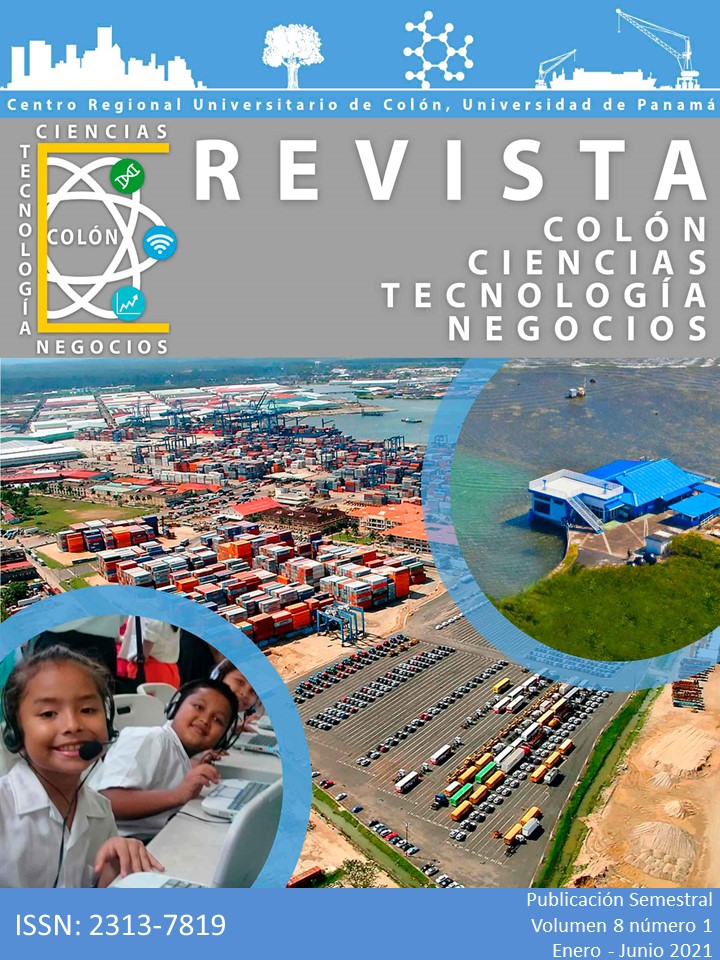

Migration is a growing phenomenon in Latin America and the Caribbean due to economic, labor, and emotional factors, armed conflict, and the absence of opportunities to access for a better quality of life. Panama is not been the exception since its historical function of transit until XXI century. The study aims to characterize the migratory flow of Colombians living in the district of Colon. This is descriptive cross-sectional study with a qualitative approach. It relies on the technique of documental analysis, interviews, and the snowball strategy to locate a family of Colombian origin. The categories of analysis are based on the psychological, social, and cultural values of this complex phenomenon. The results demonstrate a large adaptation and significant sociocultural integration within the district. These will be factors to promote programs and public policies that prevent families from facing inequality and social exclusion.